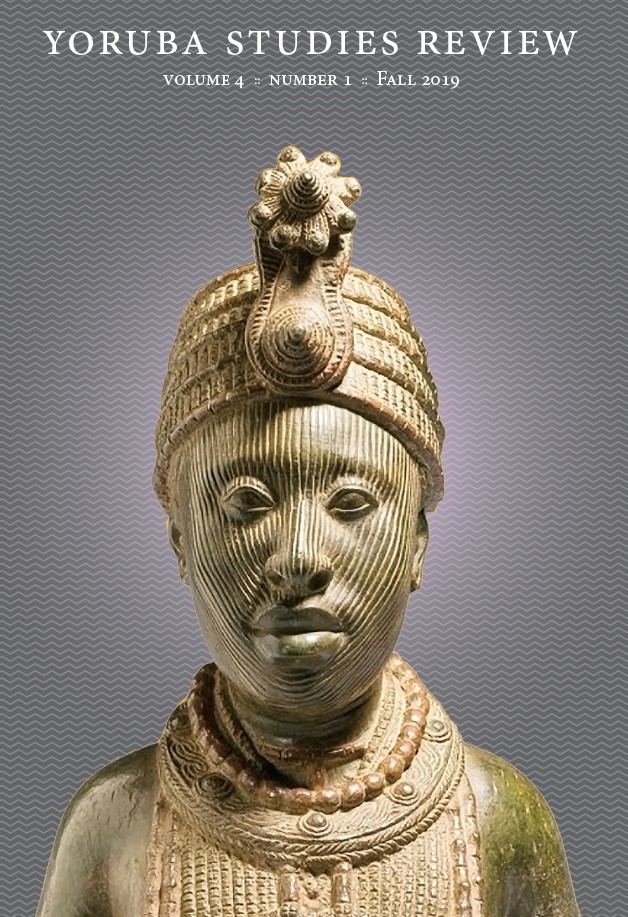Abstract
Ṣeun Ògúnfìdítìmí is a traditional Yorùbá artiste of Oǹdó extraction. She is a promising and prosperous female artiste, who explores the richness of African values in creating her lyrics. Her songs are rendered in Oǹdó dialect. Oǹdó, a dialect spoken by the Oǹdó people of Southwestern Nigeria, is a dialect of the Yorùbá language. There have been multiple studies on traditional African songs. Such studies have engaged traditional African songs mostly from the non-linguistic perspectives. Such studies have investigated the historical and philosophical values of Yorùbá songs. Studies on songs rendered in dialects of Yorùbá language are very scanty. Dearth of studies in this regard has prevented the propagation and documentation of dialects of Yorùbá language. This study examines the discourse stylistic import of the sociocultural values in Seun Ògúnfìdítìmí’s songs with the view to describing how contextual issues are negotiated in her songs. Recorded songs of Ògúnfìdítìmí constitute the data for the study. The audio compact discs of her songs were collected and played repeatedly. The songs were transcribed and translated into the English language. The translation process took the form of one-to[1]one translation in order to avoid distortion of meaning. The artiste resorts to the use of discourse analytical tools in creating her lyrics. The songs reflect political, social, cultural and religious ideals of the Yorùbá traditional African society. The contextual issues expressed in the songs include the importance attached to the child as success indicator, the significance of marriage, love, conspiracy and the place of detractors, corruption and embezzlement, 184 Temidayo Akinrinlola supremacy of God, social degeneration, gender inequality and the cyclical nature of life. Ṣeun Ògúnfìdítìmí is an advocate of social and cultural revival of traditional African values.

This work is licensed under a Creative Commons Attribution-NonCommercial 4.0 International License.
